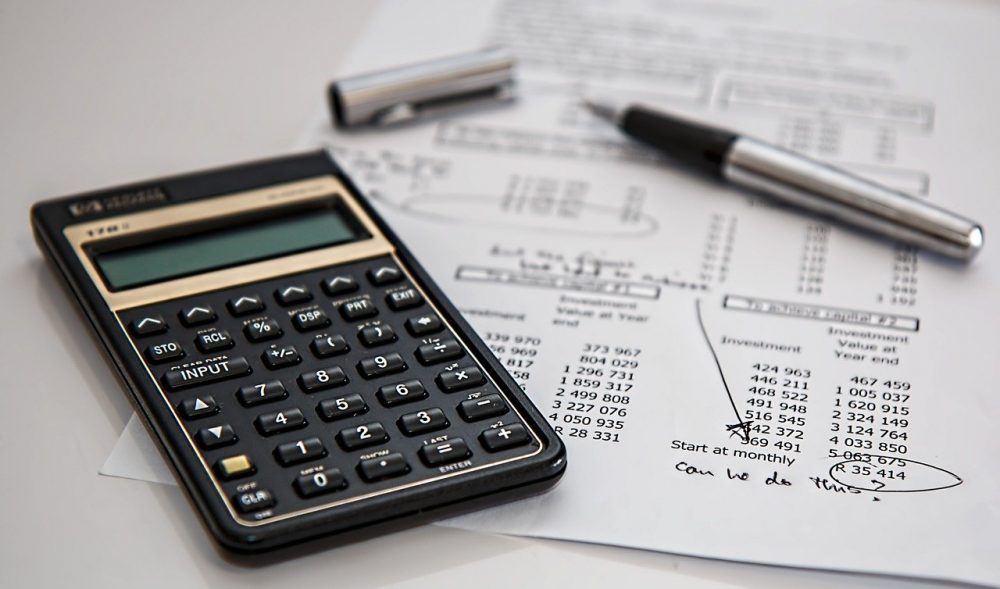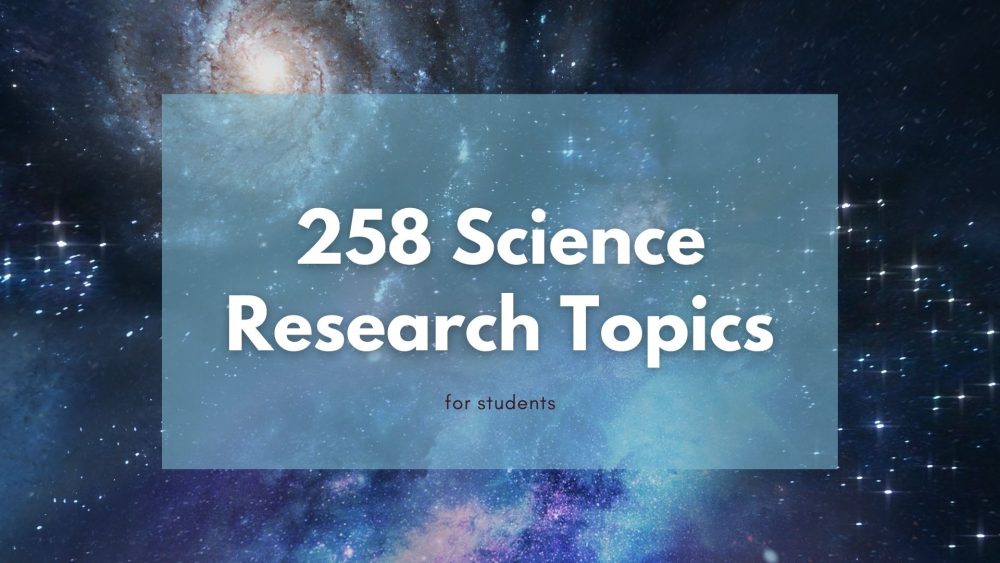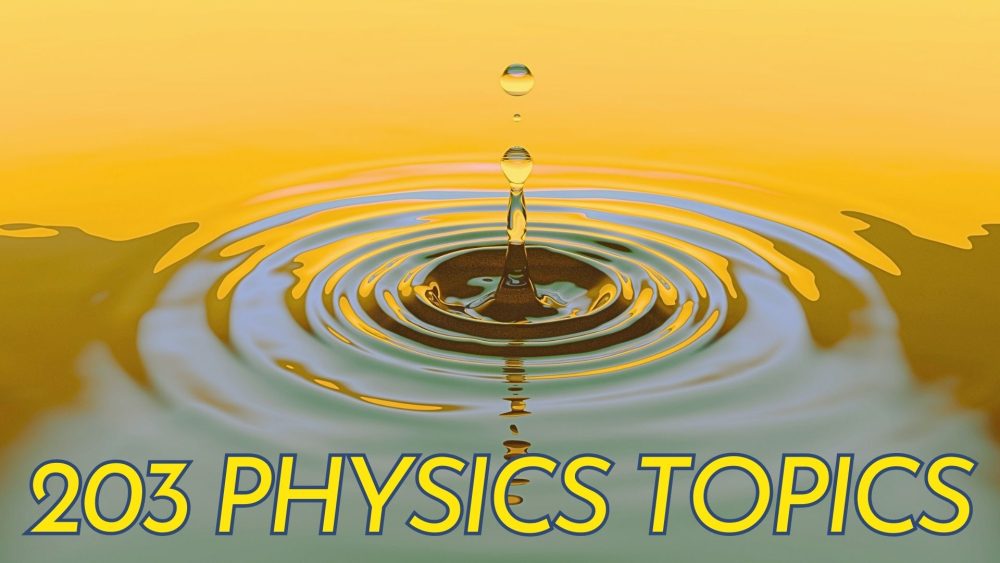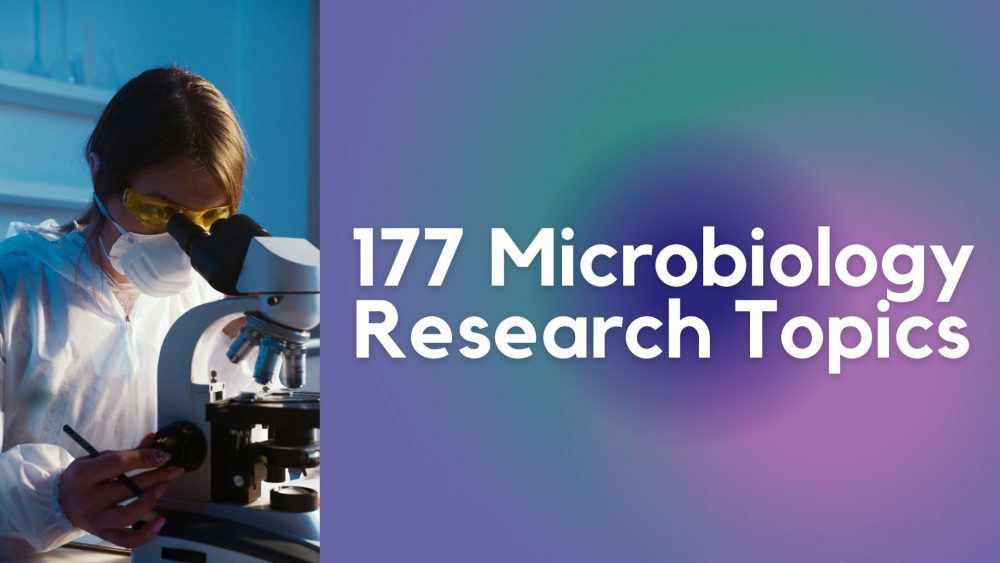How To Write A Hypothesis Like a Professor (Really)

You might have heard about a hypothesis in college or partly in high school, and you know it’s not your normal essay. It is among the top five dreaded papers in college, and many students tend to turn away from it or give it to online writing help services completely. However, did you know that writing a hypothesis is not much of a headache as most students perceive it? Well, in this professional hypothesis guide, we will explore the following to help you create a hypothesis:
- Definition of a hypothesis
- Its goals and importance
- The process of forming and writing a good hypothesis
- Advice on what makes a successful hypothesis
- Frequently asked questions on how to write a hypothesis
We will seek to expound on every one of these to the core and ensure that hypothesis writing becomes your area of expertise at the end of this post. With insights from our best experts and sample hypothesis, you can be sure to be the next great hypothesis writer in the US. Scroll down for an insightful discussion on hypothesis writing.
What Is A Hypothesis?
A hypothesis in research refers to a statement that introduces a research question by stating the prediction of the research. It is also defined as a tentative answer to the research question yet to be tested.
There are cases where you may write several hypotheses touching on the various aspects of your research question. Do not confuse a hypothesis with the guesswork you make while choosing a dress at the boutique; this one is based on existing knowledge and theories. Every hypothesis should be testable through various scientific methods such as:
- Experiments
- Observations
- Statistical analysis of data
When understanding how to make a hypothesis, variables also come into play. There are two types of variables:
- Independent variables: Involves controlled factors or can be changed by the researcher.
- Dependent variables: They include those factors which the researcher measures and observes.
Let us explore an example to understand how these two variables work:
Frequent water intake leads to a healthy digestive system. In this sample, the independent variable is water intake which is the assumed cause. On the other hand, the healthiness of the digestive system is the assumed effect and, therefore, the dependent variable. We can now proceed with confidence with a clear understanding of these variables.
But first,
Why Is A Hypothesis Important?
From the definition above, we can already point out some of the reasons a student needs to write a hypothesis. You will better understand how to write a good hypothesis if you know. Therefore, here is why a hypothesis is needed:
- It acts as a baseline for ensuring that all the research methodologies are valid and scientific
- It determines the progress or failure of the research
- It links the specific research question to the associated theories
- It is essential in data analysis
- It helps the researcher to describe the research in concrete terms
You can see that a hypothesis plays such a pivotal role in writing and the research process. That is why writing a research hypothesis is crucial for students. To meet the objectives stated above, you should be able to have all the basics of a hypothesis at your fingertips.
Forming A Hypothesis From Scratch
Forming a testable hypothesis is not a simple walk in the park. It involves critical thinking and a careful analysis of various factors to develop an intricate statement. The hypothesis needs to achieve the following:
- Offer a clear introduction to a particular scientific experiment
- Present the intentions of the experiment
- Point out the possible outcomes
These are the basic elements that should guide you when you want to formulate hypothesis statements. However, there are other essential steps that you should implement during your formulation process. These are:
- State the problem in question: Clearly define your scientific research’s topic and main focus.
- Write your hypothesis as an ‘if-then statement’: Ensure that your hypothesis follows the order – if we take a specific action, we expect a particular outcome.
- Define your variables: Make sure that your dependent and independent variables are clearly stated. The link between these two should also be straightforward.
Remember that the validity of your scientific experiment relies majorly on a robust, testable hypothesis. With a strong testable hypothesis, you can think specifically and intensely about the results of your study. You will also know the implication of the research question by relating it to the different variables used.
How To Write A Hypothesis Statement
Since we have explored all the background information, it’s time to dive into the real hypothesis statement. The steps of developing a scientific hypothesis are as follows:
- Ask a question: The first step is to write the research question you intend to answer in your paper. A formidable research question should be specific, focused, and researchable within the time limits of the project.
An example of a research question would be: Do teachers who use illustrations and diagrams in their presentations get better results from their students?
- Conduct preliminary research: There is nothing new in the research arena, and therefore you will always find information on your topic. When you explore previous studies and theories, you will find informative assumptions that will help you build your hypothesis statement.A conceptual framework may be necessary to arrive at the variables that will be crucial in your research study. The research should also reveal the relationship between the various variables.
- Frame your hypothesis now: Once you have your research question and have consulted the different resources at hand, it is now time to formulate your hypothesis. Remember that you can have as many statements as possible to choose one that best describes your problem. The hypothesis you formulate should be clear and concise while relating to your research question.
With our research question sample above, we can have an example of a hypothesis statement: Using more illustrations makes concepts easier to understand and retain.
- Fine-tune your hypothesis: A specific and testable hypothesis is necessary for a top-class paper. For your hypothesis to attract top grades, it should have relevant variables, a specific group being studied, and the predicted outcome of the experiment.
You should also check with your college or university guidelines to meet the recommended number of words or sentence structure. Please do not leave anything to chance by merely having a hypothesis statement but rather polish it up to the best standards. Remember to use the ‘if…then’ format we discussed before when phrasing your hypothesis. You can phrase your hypothesis in the following ways:
- In terms of correlations or effects. For instance: The amount of food taken by a patient determines their recovery rate.
- The difference between the two groups. For instance: Patients who take adequate amounts of calcium recover faster than those who don’t.
These two methods will help you develop a clear and realistic hypothesis that will be a recipe for top grades. A null hypothesis is required in instances where there is statistical hypothesis testing. It refers to the default stance that no association exists between variables. Below is an example of a null hypothesis:
The amount of food taken by a patient does not impact the recovery rate.
The hypothesis should make assumptions that the research can measure and achieve in either case. At this point, nobody should say that they don’t know how to state a hypothesis – the facts presented are sufficient to help you craft a top-notch hypothesis for your research study. Following the standard format of the hypothesis described above will guarantee you the best results. In some unique circumstances, it is recommended to consult with your professor to get the school format for the hypothesis. It may vary depending on different fields of study. But if you have poor writing skills, it’s better to hire our experts to write your paper online.
Expert Advice On How To Start A Hypothesis
Everyone can write a hypothesis, but not everyone can draft an award-winning hypothesis. The latter requires some extra skill and creativity, which can only come from seasoned writers. So, how should a hypothesis be written to attract world-class grades? These tips from our medical term papers professionals will help steer you through:
- It should predict the future: A powerful hypothesis should present the current situation and provide a window into the future. Therefore, it should serve as a guide for the research with its prediction power.
- It should resonate well with observable things: You should not base your hypothesis on unrealistic imaginations but rather on tangible facts. It is crucial when verifying the authenticity of the hypothesis stated.
- It should be simple and clear: Avoid complexities when writing your hypothesis statement. It should be not only as sharp as a razor’s blade but also insightful towards the problem in question.
- Ensure that you can test your hypothesis empirically: To achieve this, you need to deeply observe and verify your variables before choosing which ones to use. This testability is the primary feature of a top-rated hypothesis.
- Relevance to the research question: You should tie the hypothesis to the particular problem rather than presenting it in a general manner. Remember that this helps you identify the solution to the problem, and thus the two must relate to each other.
- It should be able to add new knowledge: The hypothesis should offer new suggestions, which will also help in future research. Ensure that your hypothesis creates a discovery through its formulation and presentation.
- Make sure that it is consistent: It should not only align with the research question but also eliminate conflicts and contradictions. The variables should present a relationship between variables.
- Relevance to the testing techniques available: A good hypothesis should be able to use the available working techniques. Ensure that no matter how complex the research question is, the hypothesis sticks within the relevant testing techniques.
These guidelines will help you know how to state a hypothesis without much difficulty. There are also numerous examples from our expert writers to help you craft outstanding hypothesis statements. You can order online paper writing help fromour experts and forget about your paper problems.
Get Hypothesis Writing Help
With these guru tips and tricks, nothing can deter you from achieving the best. You can shine in your next hypothesis writing task by following these steps. The best part about it is that they are practical and straight to the point. We also offer cheap and fast hypothesis writing help online to students struggling with this concept. If you say “do my assignment” we’ll do it! Try us today!
FAQs
Checkout these frequent questions about writing a hypothesis: How do I write a full hypothesis statement? It begins with choosing the right topic for your research. When you have a topic that interests you, it is easy to have a brilliant hypothesis statement. You should also follow the length and structure standards for writing a hypothesis. What is a good hypothesis? It presents a logical prediction of certain events without empirical evidence at first. It also presents a clear relationship between the dependent and independent variables. A good hypothesis will always present the possible results of the study. Can I write a short hypothesis? The standard hypothesis statement should be simple, specific, and in advance. The length might vary depending on the field of study and the complexity of the research question. You can have a short hypothesis with everything well-captured in it. Can I guess my hypothesis? It would help if you always based your hypothesis on existing theories and available knowledge. It ensures that it can be testable when you begin your research. Guessing your hypothesis might give you challenges during the research or writing process. Should my hypothesis always be true? The experiment is what will prove or disapprove your hypothesis. However, you should first conduct adequate research before developing your hypothesis. Make sure that it aligns with the problem in question and helps form the basis for your research.












